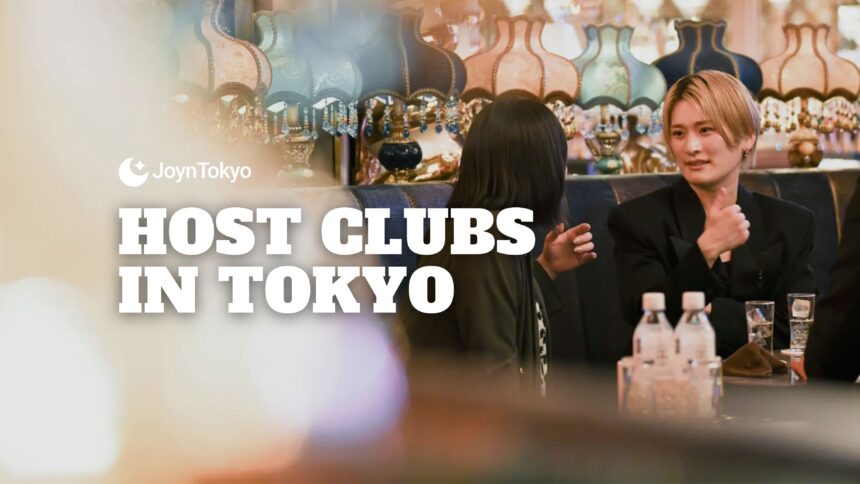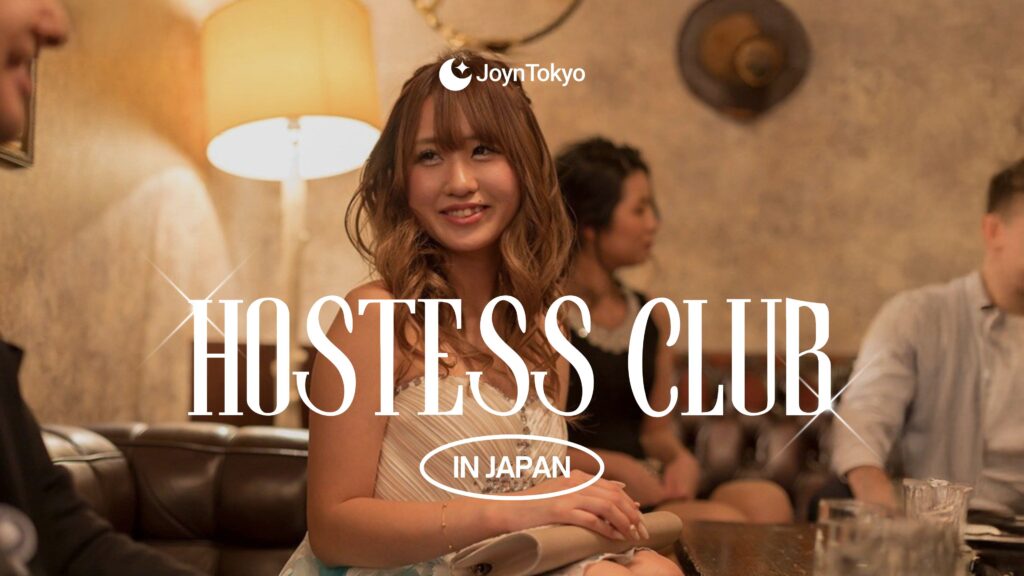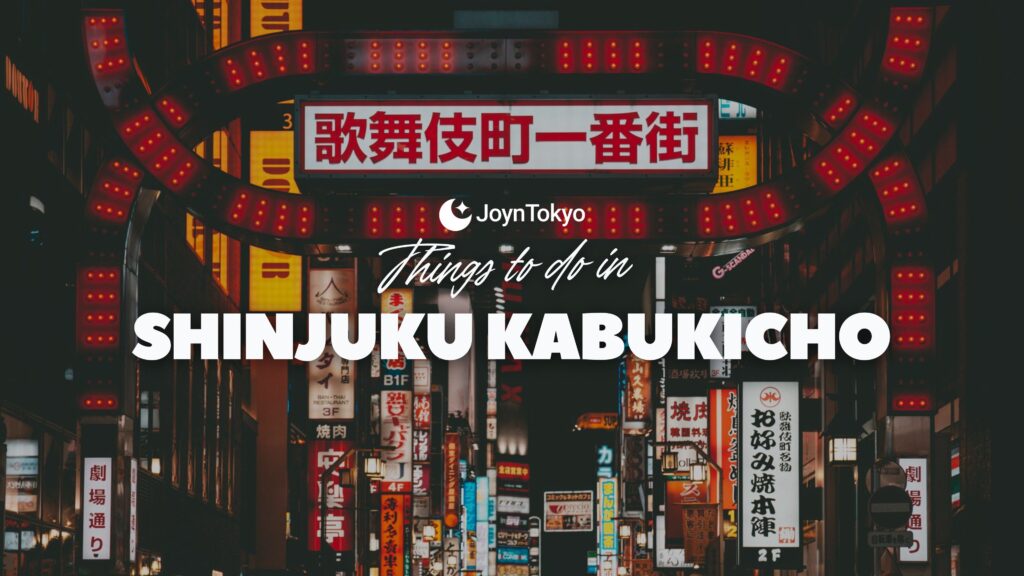Tokyo’s nightlife has many layers — neon avenues, late-night ramen shops, quiet bars tucked behind sliding doors. But among them, host clubs stand out as one of Japan’s most fascinating social experiences, where charm, conversation, and performance blend into a form of modern theatre.
What Are Host Clubs?

A host club is a nightlife venue where mostly female customers pay to spend time with male hosts, as opposed to hostess clubs. These hosts entertain through conversation, attentive service, and a carefully curated sense of affection — a mix of fantasy and friendship that keeps guests coming back.
Unlike dating or casual drinking, a host club operates around a performance of intimacy. The host’s role is to make guests feel seen, admired, and emotionally engaged, all within a controlled environment.
Read More
How the Experience Works
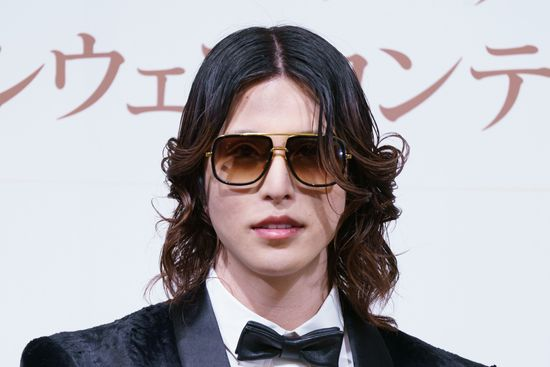
When you step into a host club, you’re greeted by rows of sharply dressed men, often with styled hair and designer suits. Customers are assigned a host — sometimes by choice, sometimes by rotation — and the evening begins with drinks, small talk, and playful teasing.
Payment is based on time and alcohol, not just company. Champagne towers, elaborate bottle service, and toasts are part of the show. Regulars often develop “their” host, visiting frequently and forming relationships that are both personal and performative.
The Culture Behind Host Clubs
Host clubs reflect more than nightlife — they mirror aspects of Japanese social psychology. In a culture where emotional restraint is valued, these venues provide a space where people can express affection, admiration, or vulnerability without judgment.
For many hosts, this isn’t just a part-time job. It’s a career involving training in communication, psychology, and sales. Successful hosts cultivate loyal clients and build their own followings, sometimes achieving celebrity status.
How Much Does It Cost to Visit a Host Club?
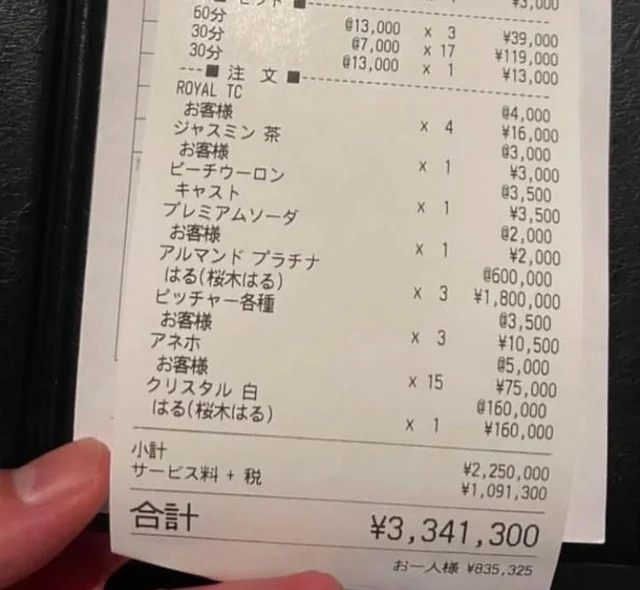
Prices vary dramatically. An initial visit can cost around ¥3,000–¥5,000 for an hour with all-you-can-drink soft drinks or basic alcohol. But the real cost comes from bottle purchases, which can easily exceed tens of thousands of yen. Champagne towers or premium labels often mark a host’s ranking — the more a customer spends, the higher the host’s reputation.
It’s important to know that host clubs run on a commission system. Hosts earn based on how much their customers spend, so expensive bottle recommendations are part of the game.
Why Host Clubs Fascinate Visitors

Foreign visitors often find host clubs both dazzling and puzzling. To outsiders, it may look transactional — but for many regulars, it’s a complex emotional ritual. It’s about attention, confidence, and a temporary escape from reality.
Some say it’s like a modern fairy tale, one drink at a time. Others see it as an art form of emotional performance — where both sides, customer and host, understand the rules of the illusion.
Top 3 Host Clubs in Tokyo
Tokyo’s host club scene is centered in Shinjuku’s Kabukicho district — where charm is currency and every night feels like a stage performance. Among the dozens of clubs competing for attention, a few have earned legendary reputations for their atmosphere, charisma, and star hosts. Here are three of the most popular host clubs to know in 2025.
Read More
TOP DANDY

Known as the crown jewel of Kabukicho, TOP DANDY is often called the most successful host club in Japan. With an elite lineup of hosts, lavish interiors, and a reputation for top-tier service, it sets the standard for the industry. Guests are treated like royalty, with personalized attention and champagne-fueled celebrations that feel more like a live show than a casual drink.
Ai Honten (愛本店)
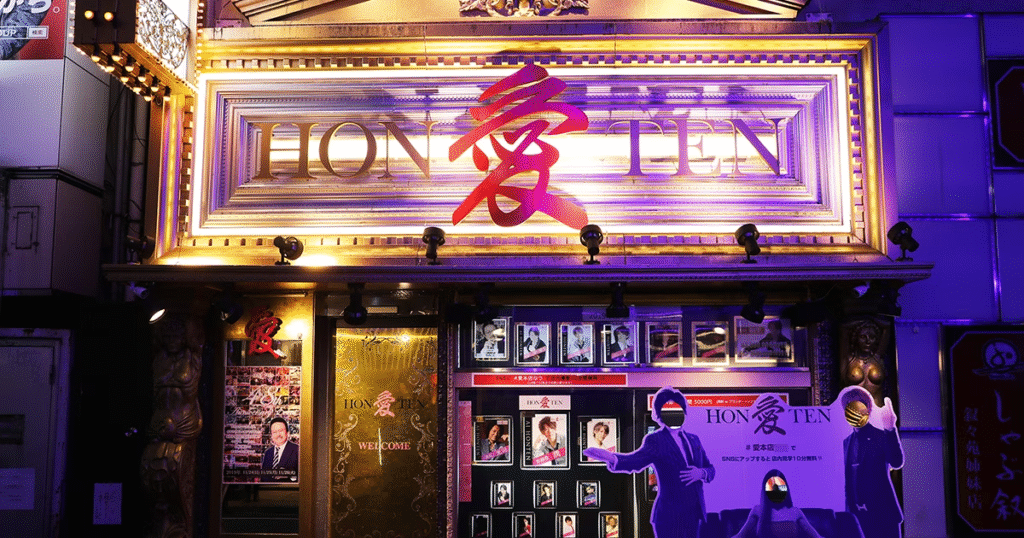
Often referred to as the birthplace of modern host clubs, Ai Honten has been entertaining guests since the 1970s. Its grand, almost theatrical interior and long legacy make it a cultural icon in Tokyo nightlife. Many come for the history as much as the hosts — a blend of nostalgia, elegance, and genuine hospitality that captures the roots of this unique entertainment world.
Club AXEL by ACQUA

Club AXEL by ACQUA represents the next generation of Tokyo host clubs — sleek, social media-savvy, and visually stunning. The club’s rising stars often double as influencers, blending online fame with real-world charisma. It’s a hotspot for younger crowds and first-timers looking for a high-energy yet approachable introduction to the host club experience.
Some Important Notes
- Host clubs typically require you to be 20 years or older.
- The “first‐visit” or “initial set” price may be significantly lower than what you’ll spend once you engage with the full service and bottle options. For example, Ai Honten offers a “初回料金 90分 ¥5,000” deal in one listing.
- Language can be a barrier: many clubs are oriented toward Japanese-speaking clientele, though some are becoming more tourist–friendly.
- Dress code and behavior matter: smart casual or better is usually expected, and one should be aware of the service dynamics (hosts, emphasis on drink–service etc.).
Modern Shifts in 2025
The host club world isn’t static. With social media and live streaming, many hosts now build personal brands online, attracting fans even before they set foot in the club. Some clubs have introduced digital “virtual host” systems, where clients can chat or send gifts through apps.
There’s also growing conversation around the mental and financial pressures of the industry, leading to more transparency and safer practices in reputable establishments.
Visiting Responsibly
If you’re curious about experiencing a host club in Tokyo, research is key. Choose well-known, reviewed clubs — many now cater to tourists and provide English-speaking staff. Set a budget in advance and remember: it’s about entertainment, not obligation.
Host clubs are an inseparable part of Tokyo’s nightlife tapestry — a glittering, sometimes surreal world that reveals much about the city’s balance between fantasy and formality. Step in with open eyes, and you might glimpse the artistry behind the charm.

